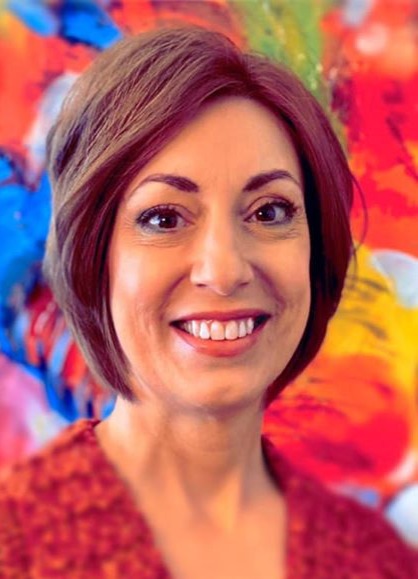What to Expect When Hiring a Home Organizer
- Robin Pufunt

- Jan 21, 2020
- 3 min read
Updated: Feb 10, 2024
When it comes to hiring your first home organizer, it can be confusing as to what is actually involved in the process. Although some organizers offer additional services, this covers the basics of what you might expect in a session.

WHAT ORGANIZERS DO:
Schedule a home organization consultation in person or by video to see your space and the belongings being organized. Most charge a small fee for time and travel.
Send you a price quote and purchasing suggestions so you can get a better understanding of how much it will cost. Time for completion is usually approximated as many factors such as whether the client will be participating, will there be decisions on donation/trash that day, etc.
Most organizers will ask for a deposit and have a cancellation policy. Make sure to ask about their policies. Many have professional contracts.
Depending on each clients needs, on the day of organization, the organizer may bring additional organization materials, clothing racks for sorting, and/or tables for sorting.
Lightly wipe down surfaces being organized. Organizers are not professional cleaners, but they should create a tidy surface.
Work with clients side-by-side, helping clients make decisions and learning what works best for the client by asking questions.
Work on areas that are cluttered, lightly hoarded*, or just need a touch up.
Suggest resources for removal companies, cleaning companies, real estate agents, donation pickups, charities, and other companies that may help in getting organized.
Note: Home organizers work with all types of clients and situations. They have seen it all and there is no reason to be embarrassed regarding clutter that has gotten out of control. Lives are busy. It's an organizer's job to help create a more peaceful, controlled environment for clients to live in. It's a judgement free zone.
2. WHAT ORGANIZERS MAY DO:
Take donations. Some charge a small fee per bag for time and travel to donation facility.
Move light weight furniture to create a more functional area
Shop for organizational materials. Most will ask for prepayment for supplies and an hourly shopping charge. To save money ask that they give you a list of suggestions from Amazon, Walmart, or anywhere you could order yourself and have the items shipped to the home for organization day.
Use tools to attach certain organizing materials.
Coordinate services for you. There is usually a fee involved as it takes time to coordinate services. For the budget conscious, ask if they have a list of providers.
Work alone for those clients who do not want to be involved in the process. Most often this would require that there are no items to be donated or trashed. However, the organizer can set aside items they "suggest" be removed and let the client decide at the end of the day.
Work on areas that may have medium hoarding*.
3. WHAT ORGANIZERS DON'T DO:
Remove or move heavy furniture. They may have suggestions on companies that remove unwanted heavy items.
Deep clean. Home organizers leave that to the professionals who know how to clean.
Construction/Installation of closet organization systems. You want to make sure you have a licensed carpenter for any major systems. Your home organizer may have one to suggest.
Work on areas that have severe hoarding.*
4. CHOOSING AN ORGANIZER:
When selecting an organizer, get to know them through the initial phone call and consultation.
Always go with your instinct.
An organizer should never talk bad about another organizer you may be interested in hiring.
Organizers have a talent for seeing a space and knowing what works best by listening to the client's needs and lifestyle. Make sure your organizer is listening to you.
Don't be afraid to ask for references if it would make your decision easier.
*Light hoarding = chronic disorganization with no trash, fecal/urine waste, or chemical/environmental health concerns. Medium hoarding = chronic disorganization with some trash, cobwebs, dust/dirt, may have some pet issues but no chemical/environmental health concerns. Severe hoarding = chronic disorganization usually presented with mental illness where surroundings are unhealthy enough to be considered a chemical/environmental/safety concern for both client and organizer.

Robin has been organizing homes in the Chicago and suburban southside area. She has an undergraduate in Clinical Psychology from Governors State University and uses her education to help clients clear clutter with the understanding of each individual client's situation. She has extensive knowledge of organizational systems and finds joy in helping others achieve their dreams for a stress-free organized home. If you are interested in her services please visit: https://www.beautifulhomeorganizing.com/




Comments